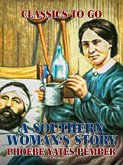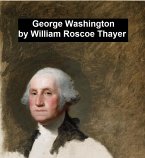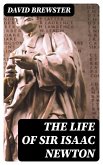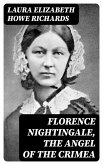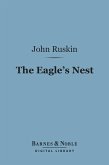In "Hortus Inclusus," John Ruskin blends poetic prose with artful observation, constructing a vivid tapestry that reflects his deep affinity for nature and the human spirit. This work serves as a contemplative exploration of a garden, symbolizing both a physical space and a metaphor for inner life. Influenced by Romantic ideals, Ruskin's lyrical style invites readers into a world rich with sensory detail and philosophical musings, punctuated by his keen aesthetic sensibilities. The book's narrative unfolds in a manner that intertwines art, morality, and personal reflection, creating a resonant dialogue between the natural environment and cultural commentary. John Ruskin (1819-1900), a prominent Victorian art critic, social thinker, and philanthropist, was deeply influenced by his experiences in the beautiful landscapes of England, as well as his studies of art and architecture. His dedication to social reform and appreciation of beauty is evident throughout his life's work, providing a profound context for "Hortus Inclusus." Ruskin's belief in the moral imperative of beauty is intricately woven into the fabric of this book, revealing his personal struggles, philosophical inquiries, and vision of a reconciled relationship between man and nature. This exquisite work is highly recommended for those intrigued by the intersections of art, nature, and philosophy. Ruskin's explorations will resonate with readers seeking deeper insights into the human experience and the ethereal beauty surrounding us. It is a timeless invitation to connect with the natural world and reflect upon the values that shape our existence.
Dieser Download kann aus rechtlichen Gründen nur mit Rechnungsadresse in A, B, BG, CY, CZ, D, DK, EW, E, FIN, F, GR, H, IRL, I, LT, L, LR, M, NL, PL, P, R, S, SLO, SK ausgeliefert werden.



